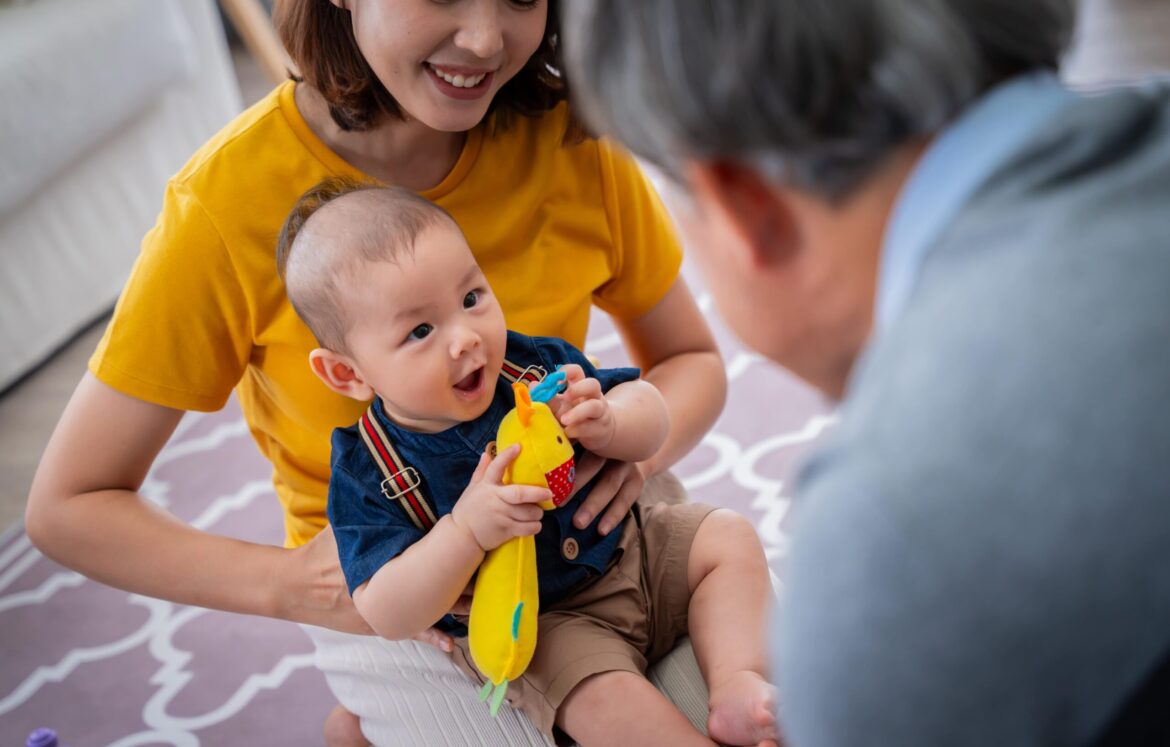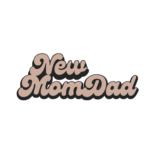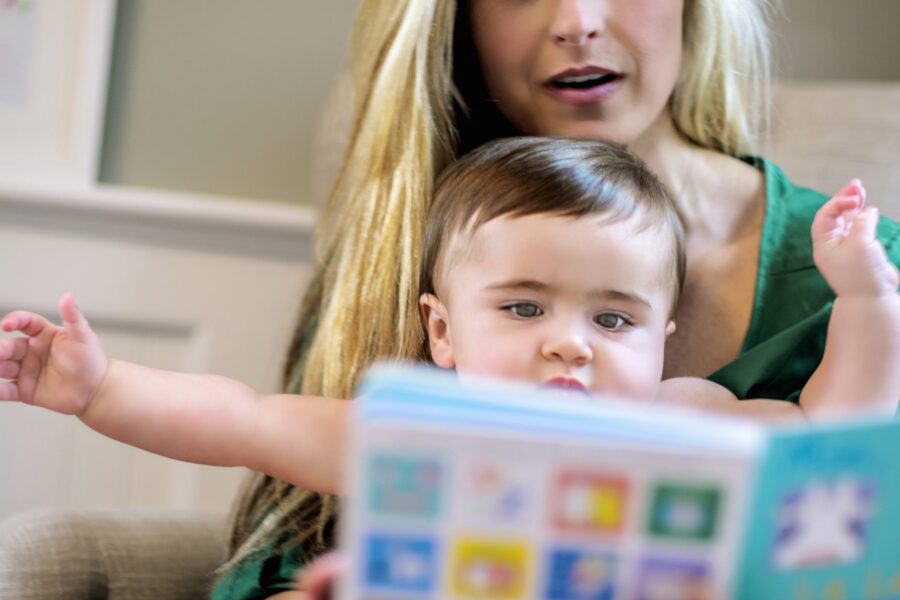When Will My Baby Say Their First Word?

When Will My Baby Say Their First Word?
One of the most exciting milestones in your baby’s development is hearing them say their first word. Parents eagerly wait for that magical moment when their little one utters “Mama” or “Dada.” But when does this typically happen, and how can you encourage your baby’s speech development? In this guide, we’ll explore the timeline for language development, factors that influence when babies start talking, and tips to encourage those first words.
Baby’s Language Development Timeline
0-3 Months: Early Communication
Your baby is born with the ability to communicate in their own way. While they won’t be speaking actual words yet, they will begin to develop the foundations for language.
- Newborns primarily communicate through crying and facial expressions.
- By 6-8 weeks, they begin cooing and making vowel-like sounds like “ooh” and “ahh.”
- Around 2-3 months, babies start responding to familiar voices and may attempt to mimic simple sounds.
4-6 Months: Babbling Begins
- Babies start experimenting with sounds, making repeated consonant-vowel combinations like “ba-ba” and “da-da.”
- This stage is important for language development, as they learn to control their vocal cords and mouth muscles.
- They also start responding to their names and recognizing familiar words like “milk” or “bye-bye.”
7-12 Months: First Words Emerge
- By 7-9 months, babies engage in more advanced babbling, using intonations that resemble real speech.
- Around 9-12 months, most babies say their first real word, usually something simple like “Mama,” “Dada,” “bye,” or “no.”
- They start understanding more words than they can say and may respond to simple instructions like “wave bye-bye.”
12-18 Months: Expanding Vocabulary
- Around 12-15 months, many babies start using 3-5 words consistently.
- By 18 months, their vocabulary may grow to 10-20 words, and they begin linking words with meanings.
- They also start pointing at objects and naming them, showing an increased understanding of language.
18-24 Months: Word Explosion
- By 18-24 months, toddlers experience a language explosion where they rapidly learn new words.
- They begin forming two-word phrases like “want cookie” or “more juice.”
- By age 2, most toddlers can say 50-100 words and start using simple sentences.
What Factors Affect When Babies Start Talking?
1. Genetics and Individual Differences
Every baby develops at their own pace. Some babies may say their first word at 9 months, while others may not until 14 months. If parents spoke early as babies, their child may follow a similar pattern.
2. Exposure to Language
Babies who hear more words spoken throughout the day tend to start talking earlier. Engaging in baby-led conversations, reading books, and singing songs helps develop language skills.
3. Bilingual Households
Babies growing up in bilingual homes may take slightly longer to start speaking, as they are learning multiple languages. However, they eventually catch up and benefit from a strong linguistic foundation.
4. Hearing Ability
Hearing plays a crucial role in speech development. If a baby has frequent ear infections or hearing impairments, it can delay their ability to form words.
5. Social Interaction
Babies who spend more time interacting with caregivers and peers tend to develop speech faster than those who have less verbal engagement.
How to Encourage Your Baby to Talk
1. Talk to Your Baby Constantly
Narrate your daily activities, describe objects, and respond to their babbling. Hearing words frequently helps babies absorb language.
2. Read Books Together
Reading books from an early age exposes babies to new words and sentence structures. Choose books with bright pictures and simple words to keep them engaged.
Check out our guide on The Best Parenting Books for New Parents to find great books for language development.
3. Sing Songs and Rhymes
Nursery rhymes and repetitive songs help babies recognize patterns in speech. Simple songs like “Twinkle, Twinkle, Little Star” can encourage verbal participation.
4. Use Gestures and Facial Expressions
Babies often mimic what they see. Using hand gestures while speaking helps them associate words with actions, making it easier to learn language.
5. Limit Screen Time
The American Academy of Pediatrics recommends minimal screen time for babies under 18 months. Real-life interactions are far more effective for language development.
Learn more about how to create a baby-friendly environment from the American Academy of Pediatrics.
6. Play Interactive Games
Games like peek-a-boo, point-and-name, and imitating animal sounds make language learning fun and engaging.
7. Encourage Turn-Taking Conversations
Even if your baby is only babbling, respond as if you’re having a real conversation. This teaches them the structure of communication.
When Should You Be Concerned About Speech Delays?
While every baby develops at their own pace, there are some red flags that may indicate a delay in speech development:
- No babbling by 6 months.
- No response to their name by 9 months.
- No first word by 15 months.
- Limited vocabulary (less than 10 words) by 18 months.
- Difficulty following simple instructions by age 2.
When to See a Pediatrician
If you notice any of these signs, consult a pediatrician or a speech-language therapist. Early intervention can help address any underlying issues and support language development.
Visit the National Institute on Deafness and Other Communication Disorders for more information on speech and language milestones.
Final Thoughts
Your baby’s journey to saying their first word is an exciting and unique experience. While some babies speak earlier than others, regular verbal interaction, reading, and playtime can significantly boost language development. Keep encouraging and celebrating every little sound they make—before you know it, they’ll be chatting away!
Related Articles:
- Baby-Led Weaning: What It Is & How to Get Started
- When Will My Baby Start Crawling & Walking?
- Tummy Time: Why It’s Important & How to Make It Fun






